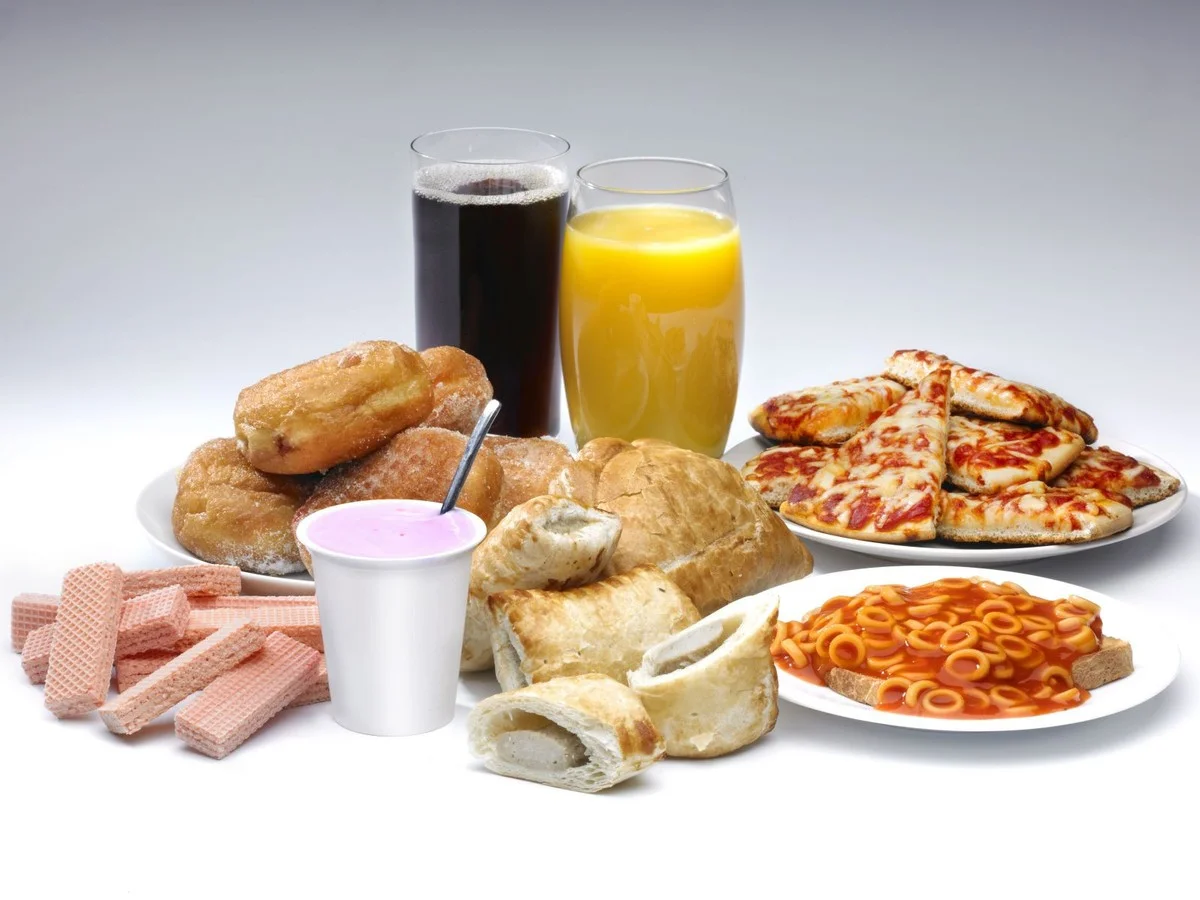04/12/2024
04/12/2024

NEW YORK, Dec 4: The number of individuals under 50 diagnosed with bowel cancer has risen alarmingly in recent decades. Two new studies from Flinders University suggest that this rapid increase could be linked to changes in eating habits.
"We've found many direct connections between poor dietary choices and digestive cancers," explains nutrition epidemiologist Yohannes Melaku. "Unhealthy diets, characterized by high consumption of red and processed meats, fast foods, refined grains, alcohol, and sugary drinks, have a concerning relationship with a higher risk of gastrointestinal cancers."
Gastrointestinal (GI) cancers, which account for one in three cancer-related deaths worldwide, can develop anywhere in the digestive system, from the throat and stomach to the pancreas, intestines, rectum, and anus.
Epidemiologist Zegeye Abebe and colleagues reviewed research on dietary patterns and GI cancers, selecting 28 studies for further analysis. While individual studies presented some contradictions, the overall findings suggested that healthy dietary patterns generally reduced cancer risk.
In another part of the research, the team analyzed data from 97,561 people and found that diets high in fiber and unsaturated fats were linked to a lower risk of colorectal cancer, which is expected to claim 1.6 million lives by 2040.
"With the increasing number of digestive cancers, such as bowel cancer, being diagnosed worldwide, and particularly in individuals under 50, it's time to take action to safeguard digestive health," Melaku states. "Our research shows that nutrition education and promoting healthy eating patterns could play a key role in reducing GI cancer risks and improving outcomes for patients."
Although the analysis is a systematic review of observational studies and cannot establish causality, the team suggests that the mechanisms behind the diet-cancer connection may involve inflammation and interactions within the microbiome.
Foods rich in antioxidants, such as berries, leafy greens, fruits, vegetables, almonds, walnuts, flax seeds, turmeric, ginger, garlic, citrus, fatty fish, and colorful vegetables, are anti-inflammatory. In contrast, red meat, sugary drinks, and refined carbohydrates, like those found in white bread, are inflammatory and can also increase insulin resistance.
"Insulin resistance raises cancer risk by activating insulin-like growth factor 1," Abebe and the team explain.
Their findings support global healthy eating guidelines, reaffirming other research that indicates diets high in junk food and red meat are detrimental to health. On the other hand, diets rich in fresh fruits and vegetables are consistently associated with better health outcomes.
"While our results are promising, more research is needed with a greater focus on nutrition in clinical settings using nutritional biomarkers to gain a better understanding of the relationship between diet and GI cancer," says epidemiologist Amy Reynolds. "We need to understand how various dietary patterns influence the risk of developing digestive cancers. Additionally, increasing education around healthy eating could lead to improved health outcomes for those at risk of GI cancers."


